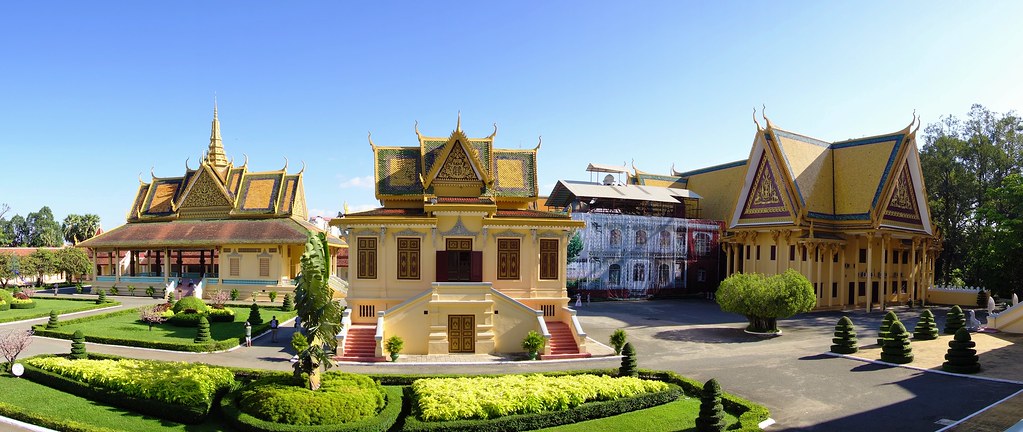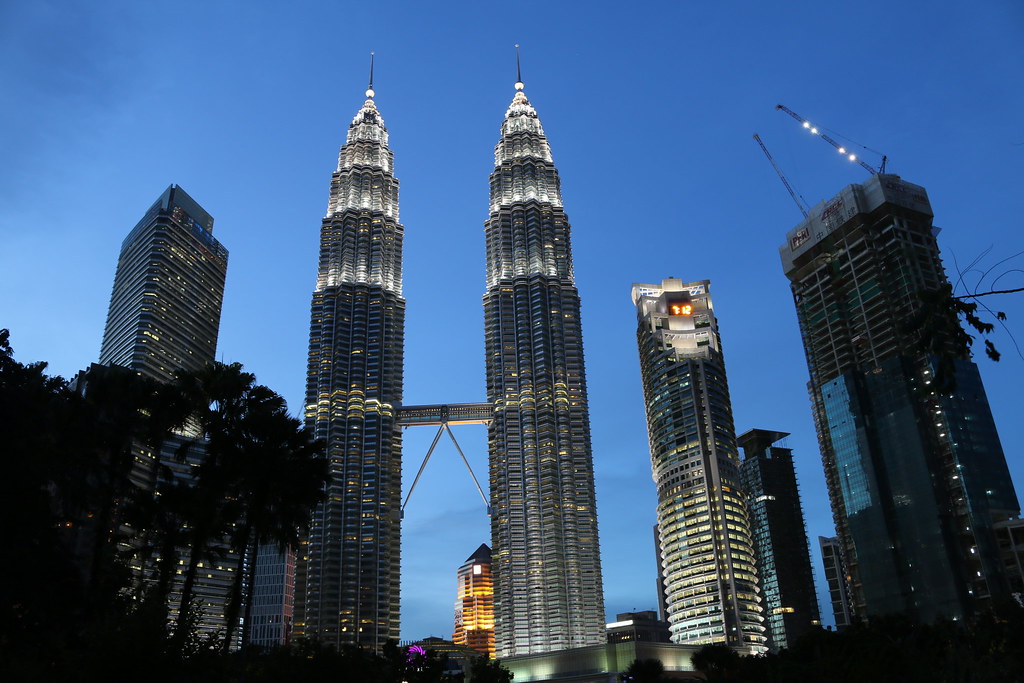So I get strange queries. I noticed one recently from somebody who wanted to know the name of each national capital city composed of two or more words. No, I didn’t try to figure out the logic. I have no idea why they wanted to find this. If people ever learned to do things like Google “wikipedia list of capital cities” then my one-time readership would drop like a rock. However I’m frequently happy to indulge these anonymous requests because they provide good source material for the blog. Often I learn something new along the way.
Generating the List
I’ll start by defining some rules and parameters. Let’s include true national capitals and not the government seats of territories that fall within the control of parent nations. Unfortunately this removed my favorite town name, Edinburgh of the Seven Seas on the island of Tristan da Cunha, part of a British Overseas Territory. Well, if you’re going to name your town after a place that already exists, go big I always say. So the founders weren’t content with New Edinburgh or something lame like that. Edinburgh of the Seven Seas has a much more wonderful and imaginative ring to it.
Next, let’s realize that I’m looking at lists in English. Some cities may not be composed of multiple words when viewed in their native languages. Therefore this whole exercise is silly to begin with. So what. I’m going with it anyway.
Finally, we need to deal with punctuation. I considered a hyphen a separator between words but an apostrophe as joining the parts into a single word. Again, it’s arbitrary. Let’s not over-think it.
National capitals of two or more words began to fall into distinct patterns. I’m not sure if this would remain true if we considered the larger list of single-word national capitals. Maybe I’ll save that for a future article if the audience expresses interest.
Religious Etymology

Examples include:
- Antigua and Barbuda: St. John’s
- Argentina: Buenos Aires
- Bolivia: La Paz
- Cambodia: Phnom Penh
- Costa Rica: San José
- Dominican Republic: Santo Domingo
- El Salvador: San Salvador
- Grenada: St. George’s
- San Marino: San Marino
- São Tomé and Príncipe: São Tomé
Lots of capitals derive their names from highly pious people. Christian saints were particularly popular, brought across oceans by colonial powers whether English (Saint, St.), Spanish (San, Santo) or Portuguese (São). As an aside, does anyone know when San versus Santo should be used in Spanish? I’ve wondered about that intermittently. What makes a holy person a San versus a Santo?
Argentina and Bolivia are perhaps less obvious. It becomes much more clear when one understands that the original name for Buenos Aires is Ciudad de Nuestra Señora Santa María del Buen Ayre (“City of Our Lady Saint Mary of the Fair Winds”) and the full name of La Paz is Nuestra Señora de La Paz (“Our Lady of Peace”). That realization delivers us back to that saintly theme again.
I think my favorite is Phnom Penh. The city name references a temple of the Lady Penh. By legend, she’s credited with building the original temple at this spot in the 14th Century.
Named for What Surrounds It

I reserved this category for city planners with little imagination, a.k.a the Boring Category. “Hey, I’ve got an idea — let’s name the capital for the land that surrounds it.” Yawn.
Examples include:
- Andorra: Andorra la Vella
- Guatemala: Guatemala City
- Kuwait: Kuwait City
- Mexico: Mexico City
- Panama: Panama City
- Vatican City: Vatican City
There are some little trivial nuggets even within this bland grouping. La Vella translates to “The Old” so at least they recognize an original Andorra and the rest of Andorra. Also, I’d always assumed that the Vatican referred to something early in the history of Christianity. In that instance it could be included on the religious etymology list. Actually it’s considerably older and may even date back to the Etruscan era. It refers to the name of the hill sitting under the city (which is not one of the seven hills of Rome by the way. But that’s a different story).
Recognizing the Role of Commerce

Examples include:
- Benin: Porto-Novo
- Hait: Port-au-Prince
- Mauritius: Port Louis
- Papua New Guinea: Port Moresby
- Trinidad and Tobago: Port of Spain
- Vanuatu: Port Vila
Trade and commerce come to mind with this particular grouping. Once again we see the old hand of colonial powers at work, as they extracted commodities from various corners of the globe. Ports became important conduits, which became significant towns and eventually national capitals after the Europeans relinquished their empires. The most poignant of these locations has to be Porto-Novo, Benin. In Portuguese this translates to “New Port” and the cargo passing through this portal were humans shackled into generations of slavery.
… And the Rest

The final group fell into a miscellaneous category. Their etymologies were often more interesting than the other groupings.
- Malaysia: Kuala Lumpur started as a Nineteenth Century mining town and translates to “muddy confluence,” where the Gombak and Klang Rivers joined.
- United Arab Emirates: Abu Dhabi means “father of deer.” There’s no consensus around how this came about.
- Ethiopia: Addis Ababa is the “new flower” in Ethiopia’s Amharic language. This makes sense when one learns that Addis Ababa dates only to 1886 in this otherwise ancient land.
- Brunei: Bandar Seri Begawan was named for the Sultan’s late father in 1970. Before that it was Bandar Brunei (i.e., Brunei Town) so it’s been rescued from the unimaginative category
Here’s a mystery for the 12MC crowd: What is the story behind Sri Jayawardenepura, Sri Lanka? That’s the only one I couldn’t find.

Leave a Reply